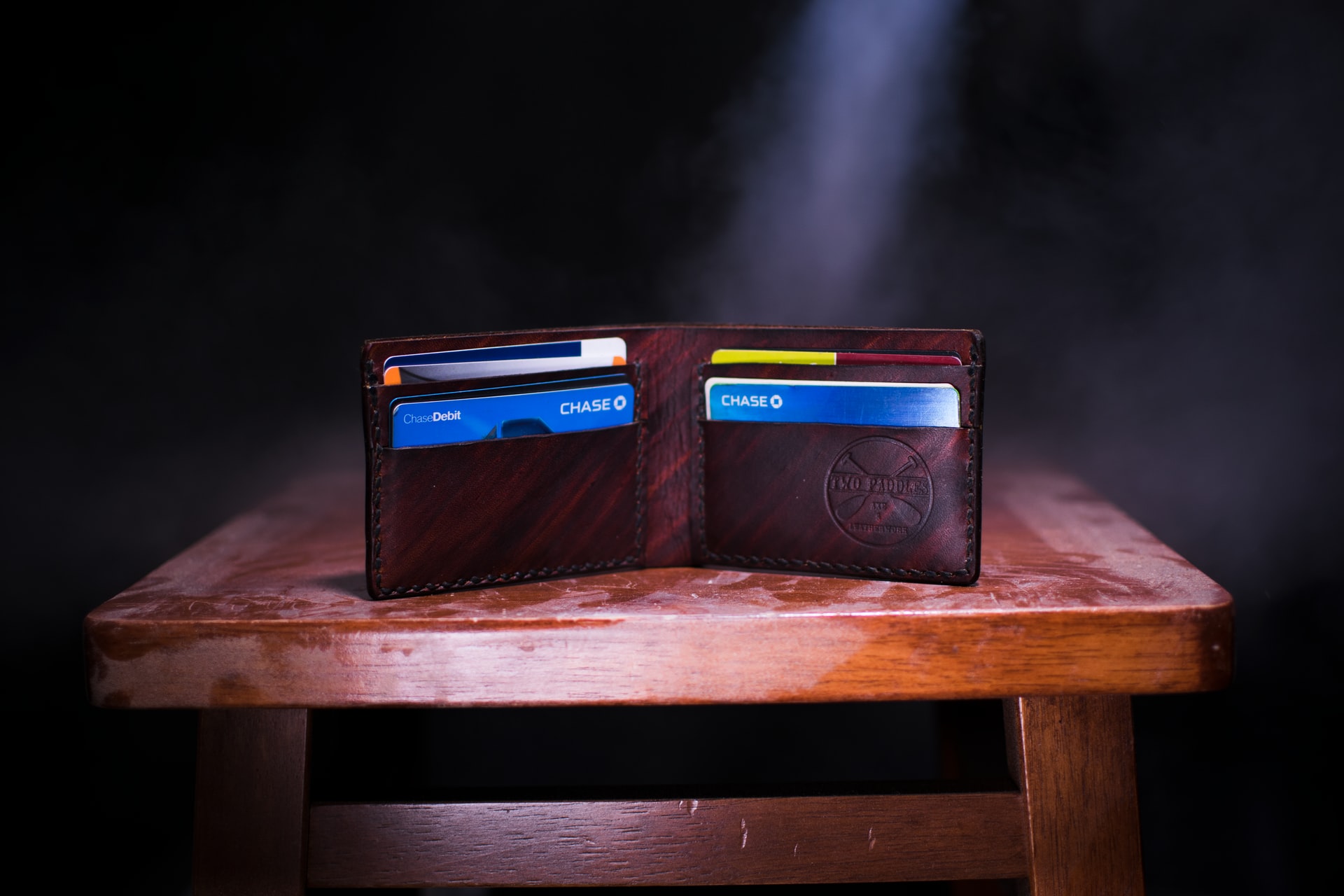You don’t always know which decisions could have a lasting impact on your financial life. But choosing a credit card could be one such decision, especially if you have no credit history at all or are trying to rebuild your credit. Before you decide, get the scoop here on the pros and cons of secured credit cards and unsecured credit cards.
Secured vs. Unsecured Credit Cards
Considering how similar they are, it may be confusing to think about secured vs. unsecured credit cards. If you are trying to decide between the two types of credit cards, take a moment to learn more about both of them.
How Does a Secured Credit Card Work?
Secured credit cards are similar to unsecured credit cards in many ways. There is a credit limit with both types of credit cards, and you can have interest charges with both types if you don’t pay your entire balance by the due date as well. The difference with a secured credit card is that you must make a deposit on the card before you can use it. The deposit is called a security deposit, and it acts as collateral that the credit card company can claim if you don’t pay your secured credit card bill. This security deposit is completely refundable if you change your credit card account to use an unsecured credit card or close your account once you pay off the balance. The deposit usually ranges from $200 up to about $2,500. Your deposit amount serves as your credit limit. So, if you make a security deposit of $500, you can spend up to that amount of money.
Secured credit cards are popular with consumers who may have a bad credit score or have been denied credit in the past, or have never applied for credit before. For the most part, the interest rate on your credit card balance is a reflection of your credit score. Therefore, if you have good credit, you can qualify for a lower interest rate. That’s why the interest rate for a secured credit card is higher than for unsecured credit cards. For example, you might pay more than 24% interest on any secured credit card balance, while the interest rate on an unsecured credit card could be under 15%, depending on your credit score.
How Does an Unsecured Credit Card Work?
Unsecured credit cards are the most common type of credit card. If the credit card offers bonus points, rewards or miles, there could be an annual fee in exchange for those incentives. In addition, credit cards offer revolving credit. What that means is if you carry a balance from month to month, the unpaid balance carries over to the next month. It revolves since the credit line is open-ended without an end date. You are required to make minimum monthly payments, which will vary based on how much you owe. If you don’t pay the balance in full each month, you will be charged interest on the unpaid balance. The interest rate will depend on your credit score and other factors determined by the bank or credit card issuer. Like a secured credit card, there is a credit limit with an unsecured credit card, but it is usually higher than it would be with a secured credit card.
When To Use a Secured Credit Card
There are many valid reasons to use a secured credit card. For example, you may be a young adult who is trying to establish a credit history. In that situation, a secured credit card can be a smart choice. Your credit limit will be relatively low, and you will probably be motivated to pay your credit card bill on time because you could lose your security deposit if you don’t. If you have bad credit or are trying to rebuild your credit, a secured credit card can be an effective way to do so.
When To Use Unsecured Credit Card
It’s best to use an unsecured credit card if you qualify for one. The interest rates are lower than with a secured credit card, and you can earn rewards or miles with most unsecured credit cards. However, you need to qualify with a good credit score and credit history in order to use an unsecured credit card. To retain good credit, be mindful of your credit limit, always make on-time payments and don’t apply for too many credit cards.
5 Things You Should Know About Secured vs. Unsecured Credit Cards
While secured and unsecured credit cards are quite similar, there are five things you know to help you decide which one is right for you.
1. Fees and Interest Rates
Both secured credit cards and unsecured credit cards come at a cost. There are fees and interest rates you must be aware of, or you could find yourself in financial trouble. With unsecured credit cards, there may be an annual fee you pay for the privilege of earning the rewards points or miles offered with the credit card. In some cases, secured credit cards offer reward points or miles as well, in which case you could pay an annual fee on those too. The interest rate you will be charged if you don’t pay your credit card bill in full each month can have an impact on which type of credit card you choose. The interest rate on secured credit cards is typically higher than it is on unsecured credit cards. That is because secured credit cards are usually used by people who are trying to rebuild their credit scores. Credit card companies and banks that issue credit cards can charge a higher interest rate in those situations. If you make late payments on either secured credit cards or unsecured credit cards, you will be charged high late fees, and the credit agencies will be notified after 30 or 60 days, which could cause your credit score to drop. In addition, when you become late on either type of card with your payments, the issuing company or bank may also increase your interest rates. If you are late on an unsecured credit card the company or bank may also decrease your line of credit.
2. Credit Score Qualification
To be eligible for an unsecured credit card, you typically need to demonstrate that you are worth the risk to the bank or credit card company issuing the credit card. That means a credit score qualification above about 670 on a scale of 300 to 850. You can qualify for an unsecured credit card from some credit card issuers with a lower score, but with bad credit, you can expect to pay higher fees and higher interest on any balance you might carry over from month to month. In many cases, there are no credit score requirements with a secured credit card, but the credit limit is also much lower than with an unsecured credit card. The credit limit with a secured credit card generally equals the security deposit you provide in order to get the card in the first place.
3. Credit Check Requirement
When you apply for credit, there is usually a credit check requirement. In some rare circumstances, secured credit card issuers may not do a hard pull on your credit. For an unsecured credit card, you can always expect a hard pull on your credit. Those inquiries have a short-term impact on your credit score, meaning your credit score may go down briefly when you are applying for a credit card. Credit issuers do not want to be surprised that a consumer has a new car loan and has opened multiple credit cards at the same time. That is why there’s a credit check requirement.
4. Credit Reporting
Your use of credit cards is subject to credit reporting whether you have a secured credit card or an unsecured credit card. Credit card companies and issuing banks will report your activity to the credit bureaus, Experian, Equifax and TransUnion. Those credit agencies monitor your use of credit as a predictor of future credit usage. For example, before you can get either a secured credit card or an unsecured credit card, the issuing credit card company will review your credit score, which is derived from ongoing credit reporting from your past. This includes car loans, student loans, bank loans and other previous credit cards you may have used.
5. Managing Debt and Rebuilding Credit
Managing debt and rebuilding credit are not easy tasks. That’s why you may choose to work with a professional debt management company. These companies help consumers manage debt and rebuild credit. They can help you decide whether a secured credit card or unsecured credit card is the best decision for you. Also, they have resources you can depend on to learn about paying down debt and rebuilding your credit.







